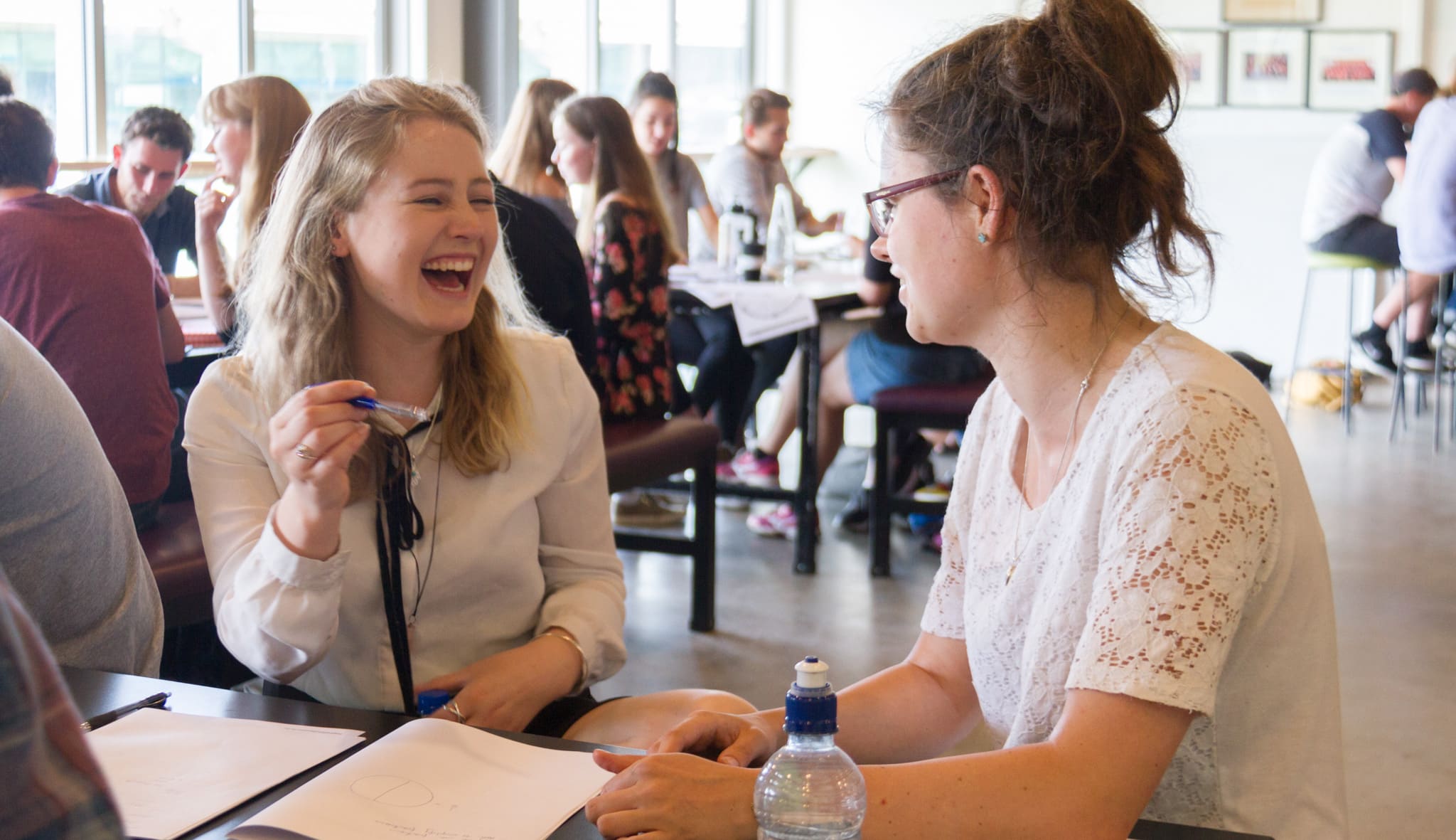 Study.
Study.
Even the word fills most of us with dread. Whether you’re a student attempting to study, or a parent trying to encourage your child to study, I’m sure we can all agree: study is not fun. However, it is necessary. Study can be made a lot easier, and less painless if students learn the most efficient and effective ways to take in new information.
Taking a look at the recent developments in the fields of Science and Psychology reveals an increasing interest in the science behind education and learning. Researchers are asking vital questions like ‘what are the most effective ways to learn?’, and ‘how can we best retain information?’. In recent research educational psychologists have studied these very questions, and the conclusions they’ve drawn have the potential to revolutionize how we learn.
Retrieval – what is it and why is it important to learning?
Central to recent scientific research on learning, is the concept of retrieval. Retrieval is the process by which we recover information from our long-term memory and use this information in the present. In the context of education, retrieval practice plays an important role in creating successful learners. Practicing regular retrieval strategies is scientifically proven to significantly enhance learning.
The concept of retrieval sounds simple, and it’s easy to assume this process is automatic and built-in. However, this misconception is where the problem lies for students. Countless students assume that if they spend 10 minutes rewriting their notes from class that day, they’ll be able to automatically remember this content when it comes to exam time. Although this form of study is an effective first step, it must be followed by tasks that are more challenging for our brains. Such as – you guessed it – retrieval practice!
Students shouldn’t only practice retrieval in exam time, while they frantically try to remember a year’s worth of content. They should practice retrieval strategies throughout the year as a form of study. Attempting to recall information is a challenging but effective study technique. It allows students to exercise and strengthen their memories, while revealing gaps in one’s knowledge. Research shows that using effective retrieval strategies can have a significant influence on successful learning. So, what are the best strategies for fostering effective retrieval?
Fostering effective retrieval strategies – an example from psychology research:
A recent study has shown how using ‘elaborative interrogation’ techniques while recalling information can lead to more successful long-term retrieval.
The study was conducted as so:
Two groups of participants watched the same 30-minute lecture recording. Immediately afterwards one group was advised to freely recall as much information as they could from the lecture. The second group was advised to do the same. However, this second group was also instructed to provide real examples from their own lives that could relate to the information from the lecture. After a week had passed both groups were tested once more on the content they learnt in the 30-minute lecture recording and their results were analyzed.
So, how did the groups compare?
As you may expect, those participants who were instructed to elaborate on the information learnt, by referring to examples in their own lives, outperformed the others, who were instructed to freely recall the information without any elaborative prompts.
Retrieval practice has been proven to be an effective study strategy as extracting information from long-term memory strengthens one’s memory and their understanding of the material. However, retrieval practice combined with elaborative prompts creates a compounding effect. Linking new information with prior knowledge through elaborative integration involves higher-order thinking. Therefore, this is a more effective retrieval strategy than simply writing down new information without any elaborative prompts.
These results show the importance of retrieval practices to successful comprehension and learning. However, those retrieval strategies that will benefit student’s learning the most involve some sort of higher-order thinking, such as connecting concepts to real life experiences.
Retrieval in the classroom – what can we learn from these results:
Looking back on my own high school experience I can conclude without hesitance, that I was embarrassingly clueless about the best ways to learn. Re-writing my notes from class was the extent of my ‘study’. I knew what I had to study, however when it came to how to study I was completely uninformed. Many students today have the same lack of knowledge about how to study. Students are often unaware that simply knowing how to study can make a great difference to their success. Having knowledge of effective learning techniques and the most efficient ways to retain information can make a tremendous difference for students who are unaware of the best ways to study. Teach your child that a vital part of our education is knowing how to learn, rather than just knowing what to learn. Learning effective retrieval techniques is one important aspect of knowing how to learn and practicing these techniques could contribute greatly to your child’s future success.
Retrieving information doesn’t come naturally. Encourage your child to start practicing retrieval techniques. Remember that the most effective retrieval techniques are those that involve some sort of higher-order thinking, such as connecting what one is learning about to their real life experiences. For example, when your child is revising the concepts they’re learning, they could ask themselves:
“How does this relate to concepts I’ve already learned?”
“Is this similar to anything I already understand in another area of life?”
You can help by asking your child what they’ve learned that day and how they can apply this knowledge to their lives. Remind them that this could help them avoid those dreaded mind blanks that many students have experienced in the middle of an important exam!
If you would like to read the study mentioned throughout this blogpost click on the following link: https://public.psych.iastate.edu/shacarp/Endres_et_al_2017.pdf

